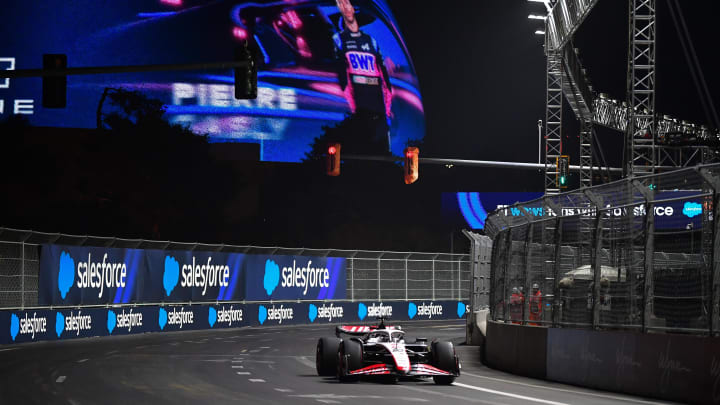F1 CEO Clarifies Stance On Expanding The Formula One Calendar As Interest To Join Increases

As the Formula One calendar hits its 24-race cap, CEO Stefano Domenicali has been firm about maintaining this limit despite growing global interest. With over 35 locations vying for a spot, the sport's expansion reflects its increasing popularity.
Recently, Formula One's allure has only intensified, with numerous new cities and countries expressing interest in hosting races. Despite this burgeoning demand, F1's leadership is firm on maintaining a balanced and sustainable race calendar.
Currently, the Formula One calendar is at its maximum capacity with 24 races. This cap was reached with the addition of events in Miami, Las Vegas, Saudi Arabia, and Qatar. The future of the sport, however, is a hot topic, especially with over 35 new venues expressing interest in joining the prestigious racing series.
Out of these, 11 have been marked as serious contenders, ranging from rumored locations like South Korea and South Africa to major U.S. cities such as New York and Chicago. The interest underscores Formula One's rising global stature and the economic benefits a hosting slot can yield. Yet, the expansion is not just about adding numbers. Domenicali discussed the F1 calendar with ESPN, stating:
"More than 35 [venues have expressed an interest"
"Eleven [are serious contenders] -- so, they are all realistic.
"No, seriously, the request is very, very big. It is up to us to make the right choices. But the number is set at 24. It will stay 24. Don't forget that five years ago we were at 17 or 18.
"It was a big step to add more in such a short time, but it is just because the market requires it and we love doing great things together. But 24 is the limit."
This policy might mean rotating some venues off the current calendar to make room for new ones, as Domenicali points out, "There is a provision that we need to make sure the races need to be respected, but that doesn't mean there is a duty." This delicate balance between tradition and evolution in motorsport venues is part of an ongoing effort to "push everyone to improve," as the CEO noted.
"The world is evolving and the need of everyone to push to be the best is there and nothing is given for granted to anyone.
"Of course, we want to push everyone to improve. That is our objective."
Interestingly, he explicitly ruled out expanding the number of races in the United States, which already hosts grands prix in Austin, Miami, and Las Vegas, alongside races in Montreal, Mexico City, and Brazil. Domenicali's stance reflects a strategic distribution of races to maintain a diverse and global appeal:
"It would be wrong to go from one, in Austin, now to three [with Miami and Las Vegas], as well with Montreal, Mexico City and Brazil in the Americas ... so already the calendar looks full there.
"I don't expect to have more races there, to be honest."
